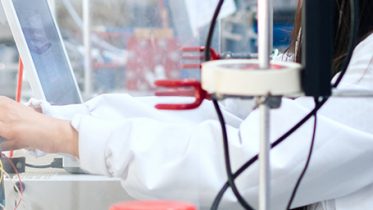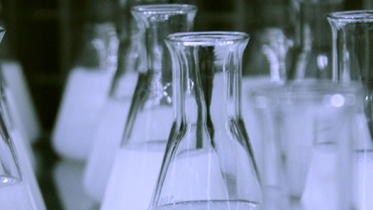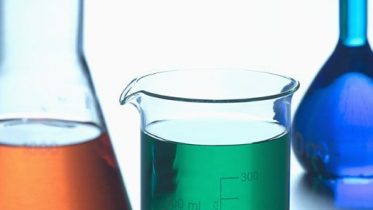Brazil: Updates on BRPTO’s Biotech Guidelines after Public Consultation
- 30 June 2020
- New legislation
As you might recall, on Feb. 06, 2019, BRPTO issued a Public Consultation on a proposed Biotech Examination Guidelines. As Biotech IP assets are so relevant in a huge market as Brazil, such Public Consultation received the contribution from several Biotech important players as well as from Biotech related Associations. Even the Brazilian Sanitary/Health Regulatory Agency (ANVISA) provided its contribution (all the replies are currently available at BRPTO website for consultation).
Although some Generics players/Associations suggested further amendments to the rules to compose the Guideline, aiming to reach in further restrictions for patentability of Biotech assets, most of the replies aimed to pursue a less strict interpretation on controversial matters related to biological sequences such as (among others): a) % of identity/similarity; b) defining a sequence by its function; and c) defining a biological subject matter by other means that not the sequence itself. For example, the definition of a DNA sequence by the polypeptide sequence it encodes and the use of EC number for enzymes’ classification.
Despite of the above, on the resulting Guideline proposed text, published on June 9, 2020, BRPTO maintained the non-acceptance of broader sequence definitions as items a)-c) above. In fact, it was ratified that DNA or RNA must be necessarily defined by its sequence of nucleotides, while a protein, by its sequence of amino acids, in order to clearly define the subject matter.
Indeed, the main proposed amendments brought by the proposed Biotech Examination Guidelines in comparison to the current legislation are the clearer definitions adopted in what concern:
i) sufficiency of disclosure – for example, standardization experiments not being considered as undue experimentation;
ii) DNA/RNA degenerate sequences – it can usually be accepted if they generate the same well-defined protein, without presenting each of the possibilities of nucleotide sequences in the sequence listing;
iii) specificities on how to submit an amino acid or a nucleotide Markush;
iv) the patentability of an antibody when its generation would depend on exposure to the antigen in a controlled and repeated manner;
v) the patentability of genetically obtained monoclonal antibodies; and
vi) the lack of sufficiency of disclosure of polyclonal antibodies.
The proposed Guideline also clarifies that although the protection of stem cells per se, even if genetically modified, remains forbidden, the patentability of compositions or kits containing them are now acceptable, as well as stem cell related in vitro processes.
Regarding genetically modified plants and the production of sterile reproductive structures, the text also reflects a prohibition of Brazilian Biosafety Law, i.e. it ratifies that Genetic Use Restriction Technologies (GURTs) are not eligible for protection.
It is important to stress that the current wording of the Guideline is still under government evaluation, which means that the new rules are not in force yet. We will keep you updated once the final version of the Biotech Examination Guidelines is finally in force.
In the meantime, in case of any doubt, please feel free to contact Luisa Castro (lcastro@clarkemodet.com.br).









